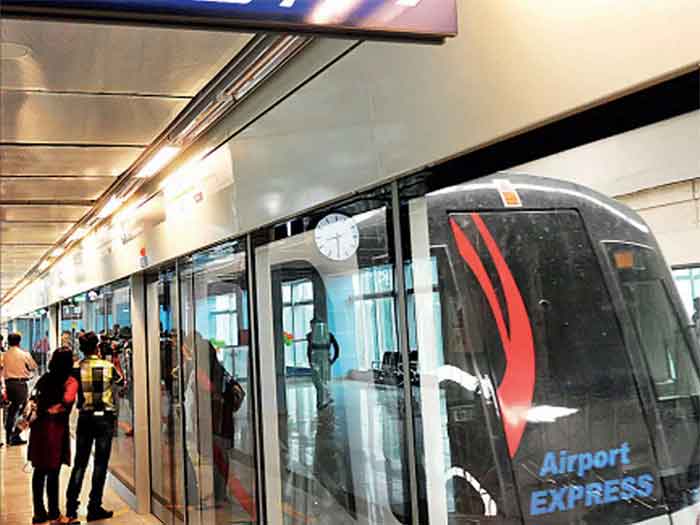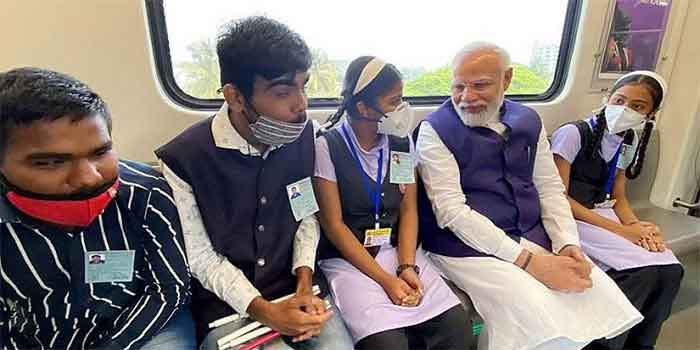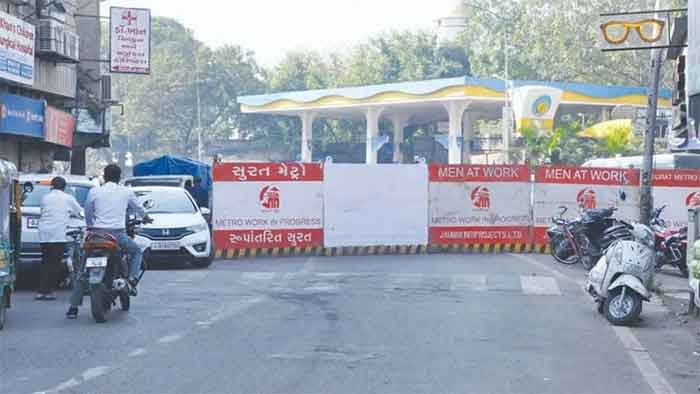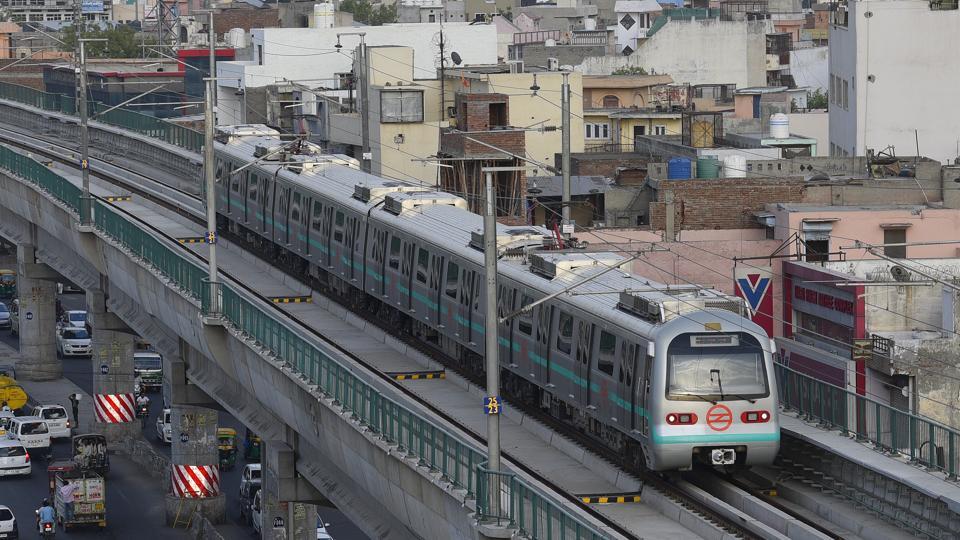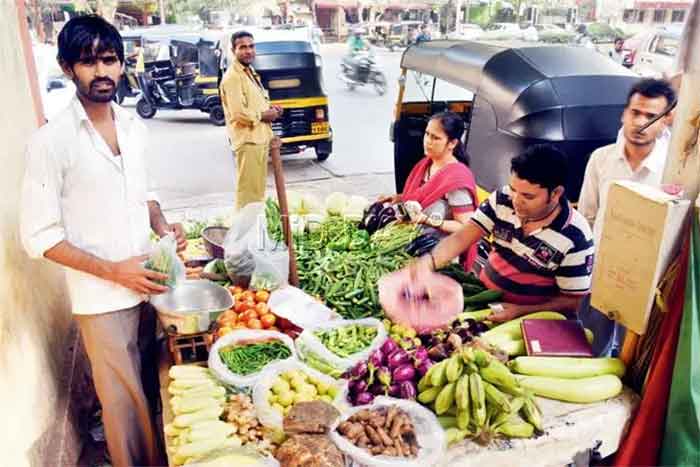
While on way to the Asiatic society library two days ago, I walked into Sabyasachi, a fancy shop of art, at Horniman Circle out of curiosity since I had heard of it. One must admit that while it is meant for a very rich clientele, it shows high taste and the art works are really impressive, designed by the renowned Sabyasachi Mukherjee. It is like a museum if one leaves out the apparel and jewellery section.
Tanjore paintings; pichvais in the Deccan, Nathdwara, and Kota styles; 19th-century Company paintings; rare lithographs; vintage photography; Mughal miniatures; rare bronzes; over 150 works of art created by the Sabyasachi Foundation—all are layered floor to ceiling on the wallpapered and tapestry-lined walls. Corridors are lined with tall Canton vases and 18th-century Venetian handcrafted chairs. Rows of rare French Art Nouveau cabinets are filled to the brim with curiosities sourced from souks, silverware, rose-tinted glassware, stacks and stacks of china, and over 3,000 books, all coming together to create that signature world of Sabyasachi. And not all of this is for sale. It is simply the atmosphere, as Archiectural Digest put it.
The trouble is while we have such a huge expansion of housing and outlets for the wealthy there is increasing public squalor.
Several public utilities are being spoilt by the civic corporation in the name of beautification. Just outside Sabyasachi, the Hornimal Circle garden, so well known for its good upkeep and as a resting ground for ordinary people, is closed for the past few months and will remain so for many more, all for so called renovation.
The facilities for the rich are rarely under pressure but now the tree cover of Malabar Hill and the Kamala Nehru garden was recently saved from the tree butchers only because of pressure from high society.
Even Narinder Nayar, chairman of the corporate driven organisation Mumbai First strongly criticised the decision at a meeting at the Asiatic Society last evening, saying it was being done in the face of the recent G 20 conference’s stand on climate change. The meeting was held on the theme of Climate-Resilience in Mumbai: People Must Lead the Change, A panel discussion to mark World Habitat Day.
P.K. Das, architect, made a valid point that while people can play their role, the corrective measures must come from the government and the civic body since they were taking major policy decisions without consulting people.
He narrated his frustrating experience with his proposal, supported by funds from the quota of the then Rajya Sabha member Javed Akhtar, to clean up the Irla waterway now reduced to a dirty nallah. The BMC wanted us to look after the maintenance once the work was over. So, the civic body was simply shirking its basic responsibility, duty.
The new development regulations in Mumbai mean there will be no open space on the ground in new, tall buildings, no flora and fauna, the only open space will be on a podium.
Tarun Khanna, as an adviser to Melbourne city, had proposed various measures including expanding the cycle tracks in that city. The question is when there is so much expertise in Mumbai itself, why are things getting worse steadily, there is little intervention from experts, if the government does not care for then, they should at least spread awareness in the public and help campaigns.
Meghana AT, a theatre practitioner, said there was a phenomenon called climate anxiety and she was trying to address the issue in her theatre work. In personal life she tried to lead a climate friendly life by taking public transport, a bucket bath and so on.
That apart, activists themselves must wake up. It is not enough to focus on a few areas like Save Aarey. Its leading light Amrita Bhattacharjee, was lucky to save her life in the past week after a rashly driven motor car knocked her down and her auto rickshaw near her house in Goregaon at the dead of the night on her arrival from the airport. Such murderous assaults on innocent people are becoming the order of the day with the traffic police and other authorities showing utter disdain for common people.
The lesson is that activists need to expand their scope and oppose the dominance of the motor car culture as well as the maddeningly expensive Metro railway. The best way is to seek low cost solutions which are easily workable if only the authorities give up their greed for expensive projects. Mumbai First too must realise that the motor car is a major contributor to climate change and its use needs to be curbed.
Veer Nariman Road where Sabyasachi is located in a heritage building has witnessed a sudden rise in high end consumer business, starting from the international brand Xara which has come up in a heritage building immediately next to Hutatma Chowk. All this is on the left as you walk to Town Hall. These completely overshadow Akabarallys once the only and prestigious big private stores in the city.
In 1968 a cooperative consumer stores movement had begun with the launching of the Apna Bazar department store built by socialists led by Gajanan Khatoo in Naigaum . There were hundreds of shareholders, much community participation. There was much celebration at the inaugural. For three days performances of the Marathi play Nayan Tuze Jadugar by Purshottam Darvekar were staged in the Maidan followed by a film music nite, recalls Khatoo in his book.
Then a chain of Apna Bazar stores opened including in Majestic building opposite Regal cinema and this inspired creation of such stores in other parts of the state.
In Bandra a cooperative multi storeyed Sahakar Bazar came opposite Bandra station, it was headed by Geore Dsouza , a Congress MLA, who called himself a Koli Christian from the fishing community. The building is there but the use has changed. Reliance has now set up stores on the other side of the road. A very visible transition from the cooperative enterprise then supported by the government to the worst kind of private enterprise in collusion with corrupt elements in the ruling establishment.
While there is a huge increase in stores for the wealthy, it is hard to find ordinary shops for daily needs for common people. Access even to low price vegetables sold by poor people to ordinary people is now much reduced. There is a very busy informal low price vegetable market just outside platform one of the Dadar, Western railway station. The poor are continuously threatened by security men with regular whistle blowing and waving of danda to get away even when they are no impediment to commuters. This market is most convenient for commuters in fact.That is how class inequalities are increasing in Mumbai as indeed elsewhere and a class war is continuously being waged.
Vidyadhar Date is a senior journalist, culture critic and author of a book on public transport

